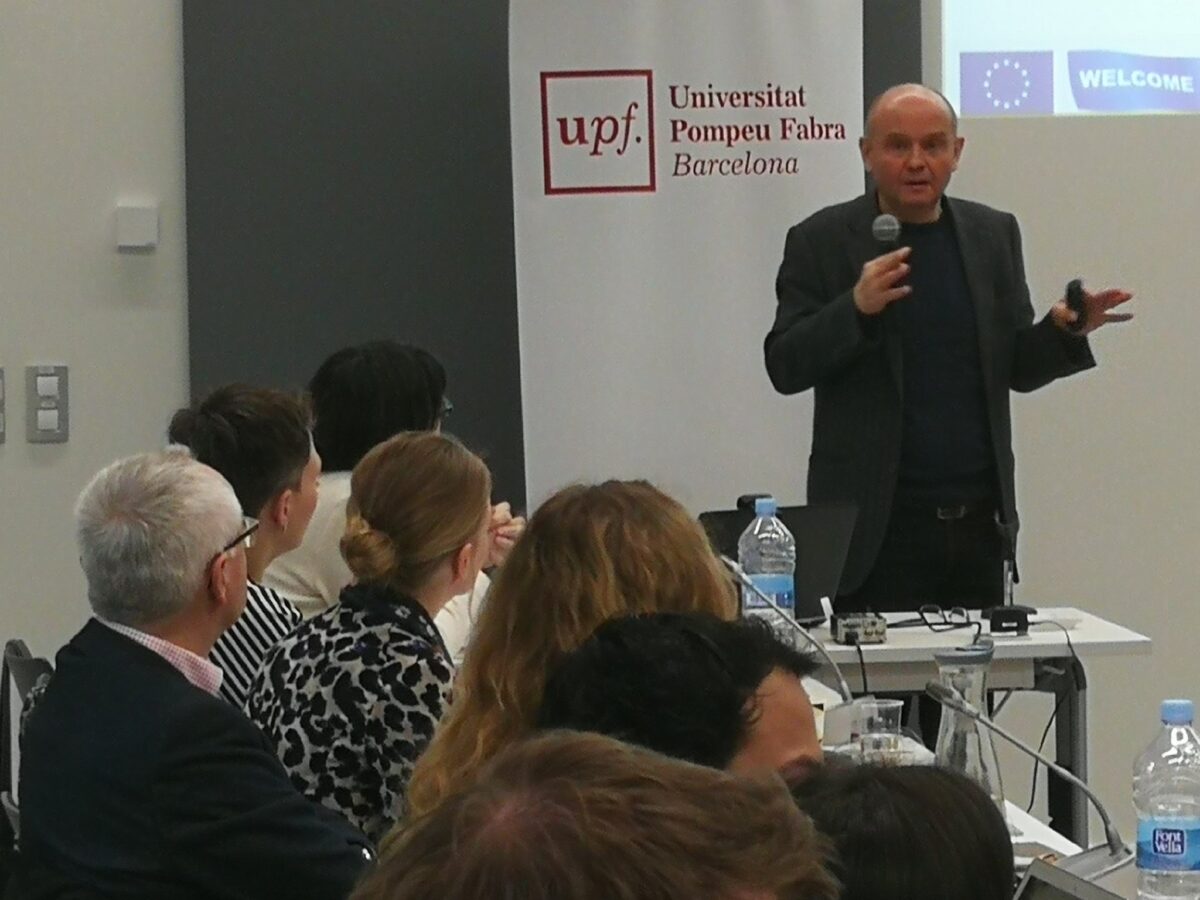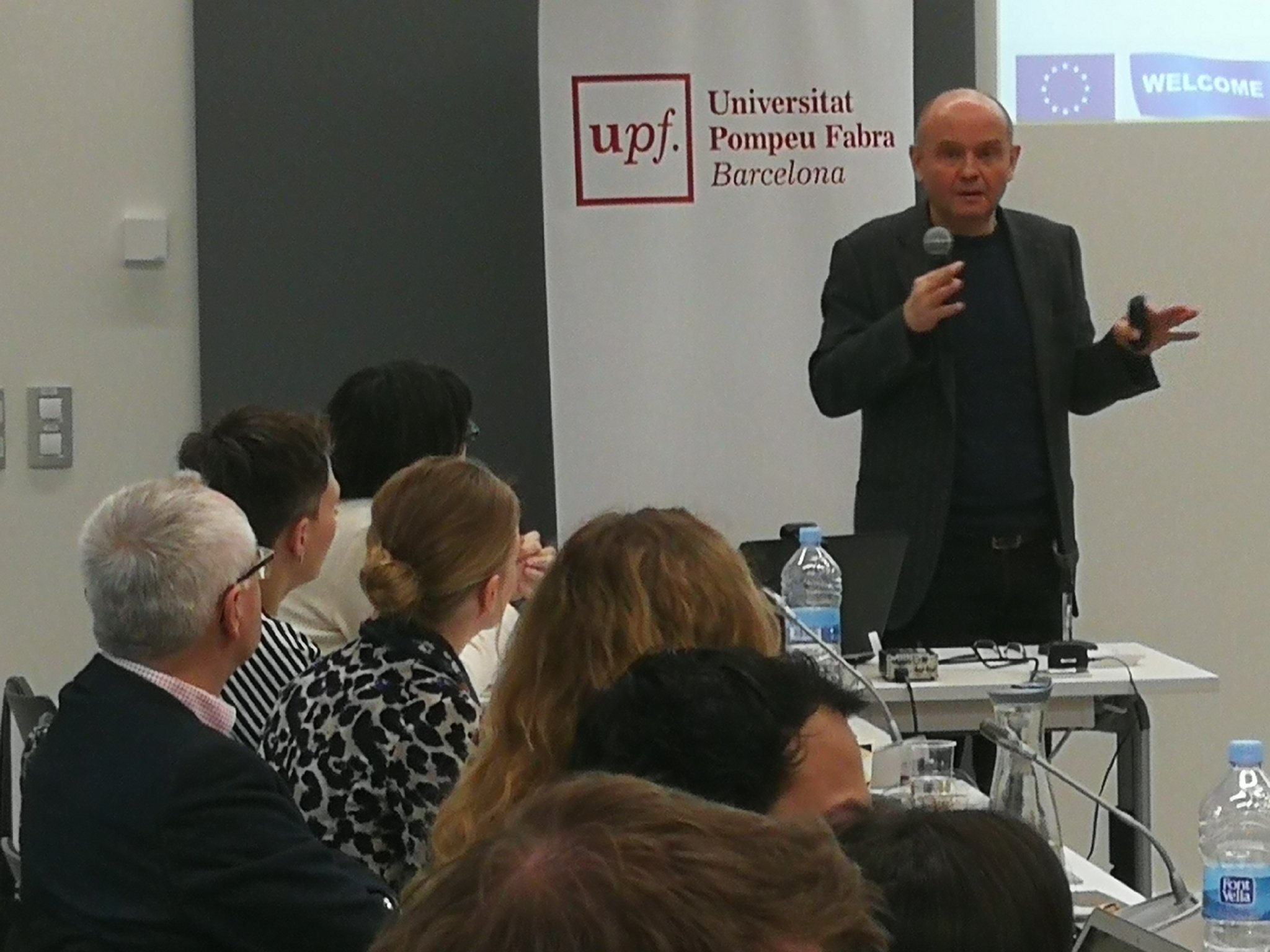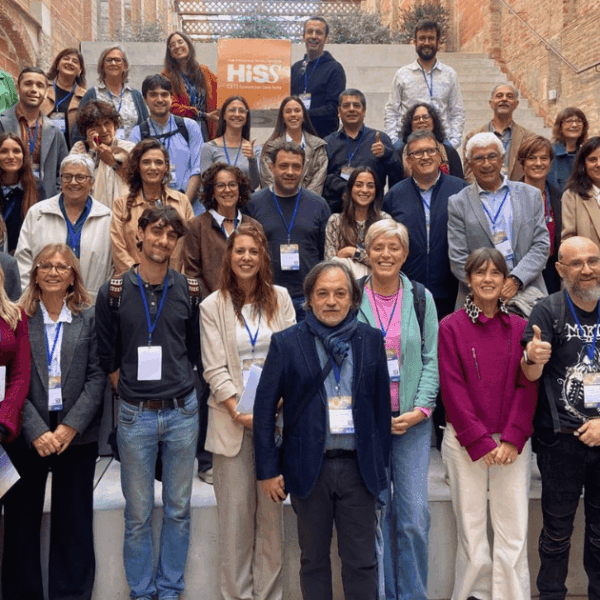iSocial participes in the 1st working meeting of the Welcome H2020 European project

iSocial participes in the 1st working meeting of the Welcome H2020 European project

The UPF campus in Poblenou will host the first working session of the European project from 11 to 13 February. The iSocial Foundation is attending the meeting, along with 14 other project partner organizations from Germany, the United Kingdom, Greece and the Czech Republic. From Catalonia, the Immigration Secretariat of the Generalitat, the technology company Everis, and the Pompeu Fabra University (UPF), which are leading the project, are also partners. The coordinator is Dr. Leo Wanner, ICREA professor and researcher at UPF.
Welcome is a Horizon 2020 project with a budget of more than 4 million euros from the European Union and lasting three years (2020-2022).
The Welcome project aims to research and develop smart technologies to support the reception and integration of newcomers to Europe. It will offer personalized solutions of a psychological and social nature, satisfactory to both migrants and public administrations.
The app application that will be created in the project will help newcomers at the time of their arrival, but also during the adaptation and inclusion process, responding to their most frequent demands.
The application will be developed in contexts of registration, orientation, language teaching, civic education and social inclusion, all of which are adapted to the profile of the partners and through immersive and augmented reality virtual technologies. The results of the project will be validated in order to show their portability in different European contexts. Within the project, the main task of the iSocial Foundation will be to manage the taste and experimentation of prototypes and the final technological instrument in Catalonia with newcomers from different origins.
Welcome is an example of the type of innovation projects that we promote or participate in from the iSocial Foundation, both for the goals it pursues, for its international dimension, and because it is the result of the collaboration of diverse agents, more beyond the social sector: universities, technology companies, public administrations, etc.
Actualitat






